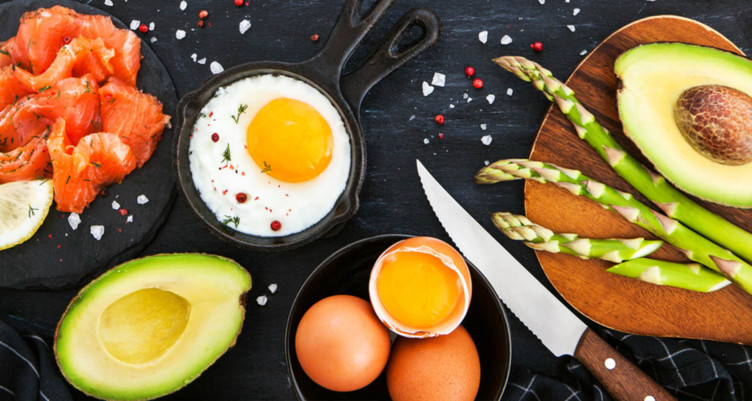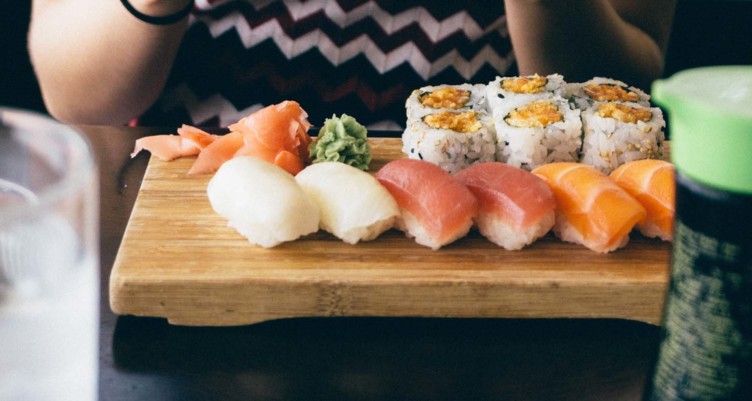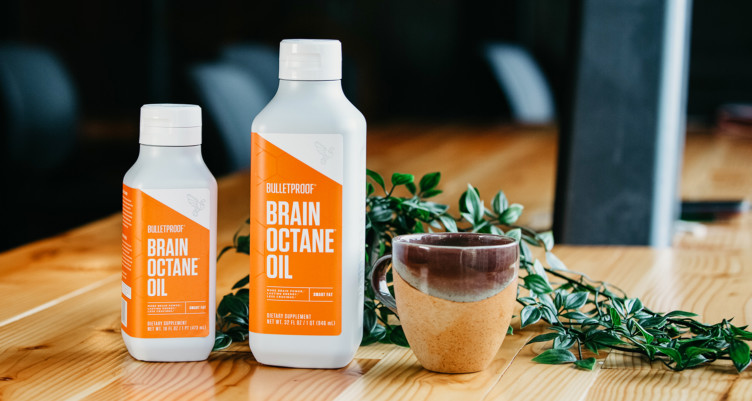New Study Links Low-Carb Diet to Earlier Death: Here’s What It Gets Wrong

- People who follow low-carb and high-carb diets have a higher risk of death than those who eat a moderate amount of carbs, according to a new study.
- Those who replaced carbs with animal proteins and fats, like beef, chicken, and cheese, had a higher risk of death than those who got their protein and fat from plant sources like legumes, vegetables, and nuts.
- The study is flawed — it’s based on self-reported data from people in the late 1980s, when margarine was a “health food” and processed foods were at their peak, with absurd levels of corn syrup and sugar.
- Here’s the big problem with the report: the distinction of “animal-based” and “plant-based” is not meaningful — not all carbs are the same, and not all proteins are the same.
- Here are some diet tips to living a longer, healthier life: choose high quality protein and good fats, eat clean carbs, do cyclical ketosis, add MCT oil, and lower inflammation.
People who follow low-carb and high-carb diets have a higher risk of early death than those who eat a moderate amount of carbs, according to a new study.
The report, published in Lancet Public Health journal, tracked 15,000 adults for 25 years. It found that those who got 50-55% of their daily calories from carbs lived longer than people who ate more than 70% or less than 40% of carbs a day.
What the people ate instead of carbs mattered: Those who replaced them with animal proteins and fats, like beef, chicken, and cheese, had a higher risk of death than those who got their protein and fat from plant sources like legumes, vegetables, and nuts.
What the study gets wrong
First of all, studies like this drive me nuts! This one is based on self-reported data from people in the late 1980s, when margarine was a “health food” and processed foods were at their peak, with absurd levels of corn syrup and sugar.
Here’s the big problem with the study: the distinction of “animal-based” and “plant-based” is not meaningful — not all carbs are the same, and not all proteins are the same. Some are better for you than others. Ricin, the nerve gas, is a plant-based protein, but we’re not eating it. Spider venom is an animal-based protein, but we’re not eating it.
We know that sugar is a carb but has a whole host of negative effects. We know that resistant starch is a carb that feeds gut bacteria. We know that plant proteins known as lectins can sometimes (but not always) cause inflammation, especially from whole grains and nightshade vegetables.
We know that different animal proteins do different things – high levels of muscle protein have amino acids like methionine, cysteine, and tryptophan that cause inflammation and shorten life. But collagen protein (yes, there’s a reason I brought it to market!) has other amino acids that are beneficial, and low levels of the inflammatory ones.
The diet that will help you live longer

The Bulletproof Diet balances this stuff out – which vegetable you eat is really important, and what works for you may not work best for your friend, but both of you probably aren’t eating enough vegetables.
It’s clear a moderate-protein diet that includes collagen, but never includes industrially-raised meat, creates a lot of benefits.
And larger amounts of the right types of undamaged fats can have transformative effects on your energy, your hormones, and your health.
I’m unconvinced that we can glean much actual information on what to do from looking at poorly organized data from the 1980’s. Here are some diet tips that will really help you to live a longer, healthier life:
Choose high quality protein and good fats

After losing 100lbs, and having tried high protein, low fat, full keto, raw vegan, Atkins, Zone, high carb, low fat, and lots of other diets over the years, I’ll stick with the Bulletproof Diet Roadmap:
- Tons of low-inflammation veggies
- Moderate amounts of grass-fed or wild-caught animal protein including collagen, and
- Larger amounts of stable, undamaged fats from the right sources, including saturated fats like egg yolks, grass-fed butter, and coconut oil.
Eat clean carbs

When you do eat carbs, choose nutrient-dense ones like sweet potatoes, squash, and white rice. Avoid refined carbohydrates like white bread and gluten — these mess up your gut, spike your blood sugar, and cause cravings.
Do cyclical ketosis

Keto is the high-fat, low-carb diet that causes your body to burn fat, and not glucose, for fuel. Cyclical ketosis means you’re going in and out of keto on a weekly basis. Also known as carb cycling, a cyclical keto diet involves one day a week of carb-loading. You eat lots of fat and few carbs (less than 50g of net carbs a day) 5 to 6 days of the week. On day 7, you up your carb intake to roughly 150g during a “carb refeed” day.
Full ketosis doesn’t suit everyone, and eating more clean carbs like sweet potatoes, squash, and white rice one day a week keeps your body systems that need some amount of carbs functioning properly.
Related: Keto Diet for Beginners – Your Complete Guide
Add MCT Oil

Using Brain Octane Oil — a purified form of saturated fatty acids called medium-chain triglycerides (MCTs) –throughout the day, in your Bulletproof Coffee or drizzled over your salad, allows you to eat more carbs than usual while still keeping you in ketosis. Brain Octane creates a background level of ketones to control cravings, and you can end up with awesome levels of energy, low inflammation, no hunger, and effortless weight control.
Lower inflammation

Inflammation is tied to shorter lifespan – you can get it from too much animal protein, grains, the wrong veggies, bad oils, histamine in food, oxalic acid from kale, toxins, life stress, poor sleep, bright lights at night, and chronic infections. It’s your job to manage those to keep your inflammation levels low, which is the best way to protect yourself from all-cause mortality! Learn about natural remedies to fight inflammation here.
Sign up for early access to sales, product launches, the latest Bulletproof news and more!



